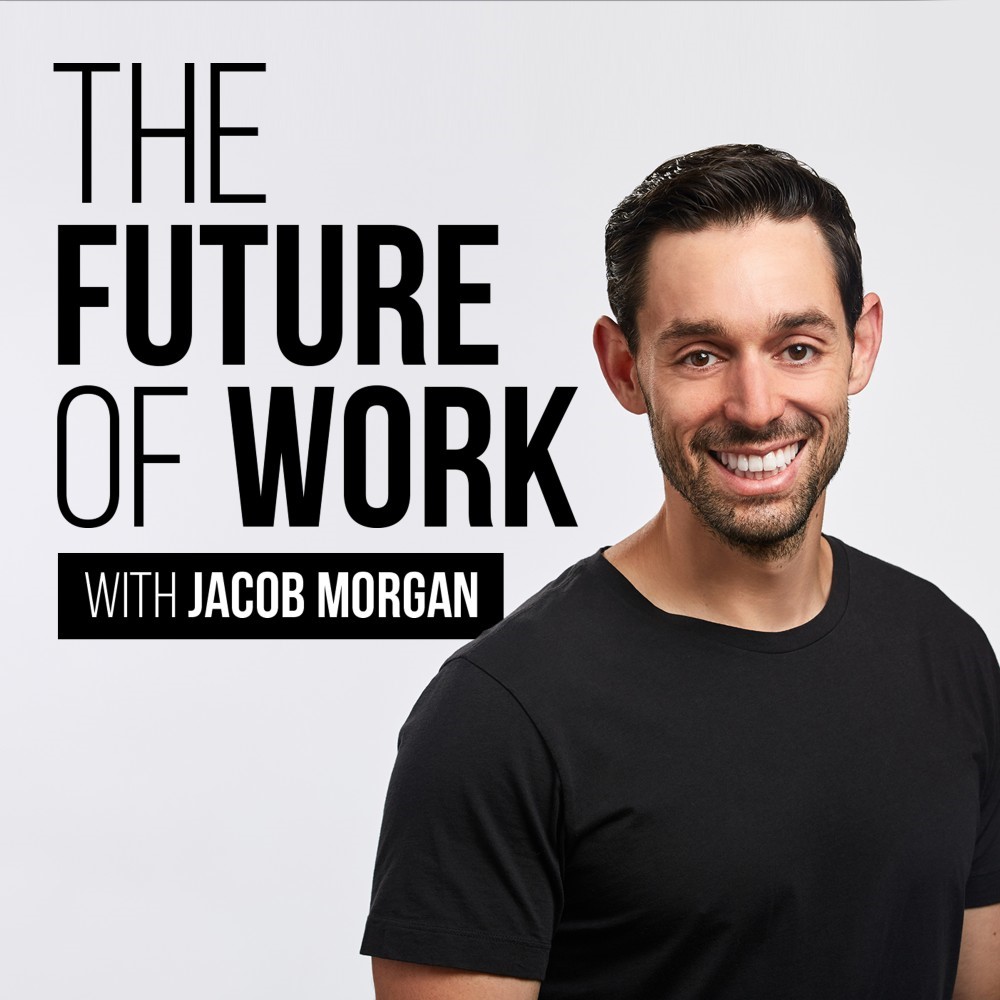Loose screws may seem like a small problem–until they lead to a $150 million repair.
That’s the lesson NASA Chief Dr. Thomas Zurbuchen and his team learned when preparing the James Webb Space Telescope.
But you don’t have to be working on a revolutionary space telescope to apply the same principle of speaking up when potential issues arise.
It’s what Zurbuchen calls the difference between mistakes and almost mistakes. Almost mistakes are disasters that were avoided because someone caught them at the last minute. Zurbuchen says when you solve the problems that create the almost mistakes, you often also solve the disasters. It’s critical for leaders to use almost mistakes or near misses to improve. That means talking about the things that almost went wrong and taking them seriously as an opportunity for learning and growth.
When preparing the James Webb Space Telescope, NASA performed an acoustic test to ensure the telescope could survive noise in space. But fasteners started falling off as the loud noises came because the screws weren’t locked in tightly. That seemingly small mistake led to big issues for NASA and cost taxpayers $150 million to fix.
Zurbuchen speculates the mistake happened because a technician told the manager the fasteners weren’t locking, and the manager told him that they were short on time and not to question the process.
NASA had to be accountable to Congress for such as costly mistake. It all started with one small thing that could have turned a mistake into an almost mistake if it had been caught.
The experience drove Zurbuchen to change NASA’s culture and empower employees to pay attention and speak up. He addressed the entire workforce to retrain them and create an open process for suggestions. The goal is to become an organization that deliberately looks for input instead of stifling it.
Zurbuchen says getting employees to speak up starts by modeling it himself. As a leader, he is opinionated and likes to move quickly. But he told his deputy that her job was to tell him no. When people tell him no when he’s about to make a poor decision, they become better as a team.
Zurbuchen says he would rather work on the best idea, not his best idea, and do the right thing, not what he thought just now. Communicating that to his team and all employees takes vulnerability but shows the importance of teamwork and everyone having a voice. Instead of defaulting to the leader or having the leader make every decision, successful companies create a culture where employees are expected and rewarded for speaking up and making suggestions. And that starts with a leader who encourages feedback and is open to suggestions.
Getting employees to speak up doesn’t mean mistakes will never happen. But Zurbuchen says it’s better to build an organization that defines excellence not as an absence of mistakes but as constantly learning and improving.
Mistakes are inevitable in business as leaders take risks and innovate. But by getting employees to speak up, companies can turn mistakes into almost mistakes and encourage growth and learning.
Listen to the episode on Apple Podcasts, Spotify, Google Podcasts, or your favorite podcast platform.
. . .
 |
In case you missed it, I launched a subscription version of my podcast. Get ad-free listening, early access to new episodes and bonus episodes with the subscription version of the show The Future of Work Plus. To start it will only be available on Apple Podcasts and it will cost $4.99/month or $49.99/year, which is the equivalent to the cost of a cup of coffee. |
Fast-track your path to leadership success with The Future of Work Plus. I can’t wait for you to hear all the content we have in store!

